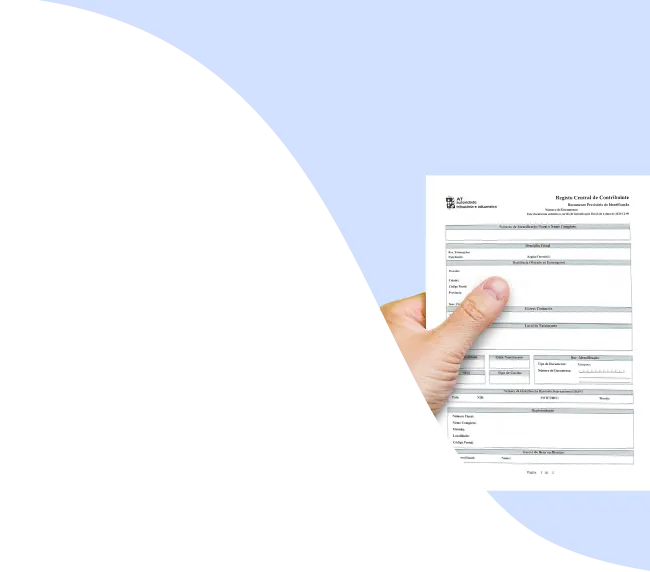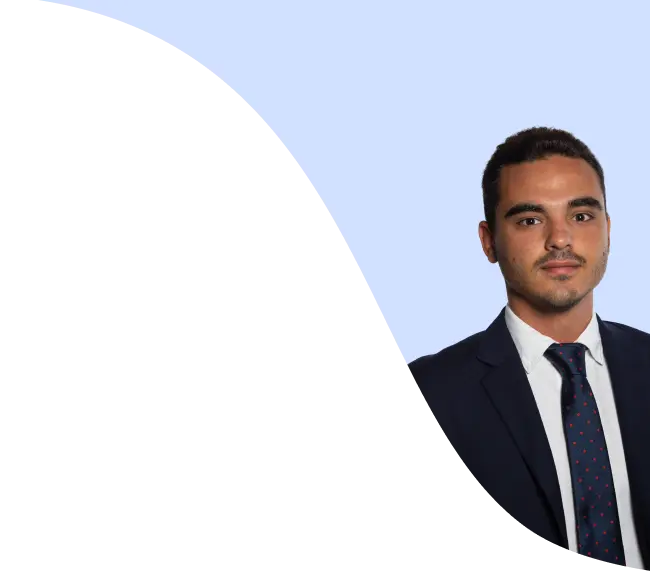How is the Portuguese education system?
Portugal’s education system is well-structured and regulated by the Ministerio da Educação and the Ministerio da Ciência, Tecnologia, e Ensino Superior. Education is mandatory for children aged 6 to 18 and free in public institutions until secondary school. For those seeking alternative paths, private schools and international institutions offer specialized and bilingual curriculums.
The system is divided into five main stages:
- Crèche (Infantário): Ages 0–3
- Preschool (Educação Pré-Escolar): Ages 3–6
- Basic Education (Ensino Básico): Ages 6–15
- Secondary Education (Ensino Secundário): Ages 15–18
- Higher Education (Ensino Superior): 18+
Each stage caters to specific developmental needs and prepares students for the next phase, emphasizing inclusivity and accessibility for all, including non-native Portuguese speakers.
How is the Early Childhood Education (Educação de Infância or Infantário)?
Crèche (Infantário): Ages 0–3
Crèches, or infantários, provide care for children from birth to three years old, focusing on social and motor development. They also help parents balance family and work life by offering flexible hours.
- Public and Subsidized Crèches: Public crèches are often run through partnerships with Instituições Particulares de Solidariedade Social (IPSS), which subsidize costs based on family income. Fees can range from €20 to €400 per month, making them a popular choice. In recent years, the government has expanded free placements for first-year enrollments.
- Private Crèches: Private institutions offer more amenities but come at a higher cost, ranging from €400 to €1,000 monthly. They often have shorter waiting lists than public crèches.
- Enrollment Process: Registration typically takes place from March to May for a September start. Documentation includes proof of income, residence, and the child’s vaccination records.
Preschool (Educação Pré-Escolar): Ages 3–6
Preschool is optional but highly encouraged to prepare children for formal education. It fosters early literacy, numeracy, and social skills through structured activities.
- Public Preschools: These are free and managed by municipalities or IPSS organizations, offering 5-hour daily sessions with additional family support services like meals and extended hours.
- Private Preschools: These schools charge tuition, typically ranging from €200 to €800 per month. Many private institutions offer bilingual programs, making them attractive to expat families.
- Enrollment: Parents can register online via the Portal das Matrículas or directly at their local school. Required documents include the child’s birth certificate, vaccination records, and proof of residence.
How is the Basic Education (Ensino Básico) in Portugal?
Basic Education (Ensino Básico): Ages 6–15
Basic education in Portugal is mandatory and spans nine years, divided into three cycles:
- First Cycle (1.º Ciclo): Grades 1–4—Ages 6–10
- Second Cycle (2.º Ciclo): Grades 5–6 – Ages 10–12
- Third Cycle (3.º Ciclo): Grades 7–9—Ages 12–15
The curriculum aims to provide foundational knowledge in Portuguese, mathematics, sciences, history, physical education, and the arts.
- Public Schools: Based on the family's residence, schools assign students free of charge. While tuition is free, parents pay for meals, supplies, and extracurricular activities. Meals are subsidized for low-income families.
- Private Schools: These charge tuition ranging from €300 to €1,000 per month. They often feature smaller class sizes, additional resources, and extracurricular programs.
- Language Support for Immigrants: Non-native speakers are eligible for Português Língua Não Materna (PLNM) classes, which help them integrate and succeed academically.
- Enrollment Requirements: Families must provide proof of residence, the child’s birth certificate, vaccination records, and previous academic transcripts. Documents from abroad may require translation and apostille certification.
How is the Secondary Education (Ensino Secundário) in Portugal?
Secondary Education (Ensino Secundário): Ages 15–18
Secondary education divides into academic, professional, and artistic pathways to prepare students for higher education or vocational careers.
- Pathways:
- Scientific-Humanistic Courses: Geared toward university admission.
- Professional Courses: These courses focus on technical skills for the job market.
- Artistic Courses: Specializations in visual arts, music, or design.
- Adult Education: For individuals returning to education later in life.
- Costs: Public secondary education remains free, though families cover material and activity costs. Private secondary schools charge between €500 and €1,500 monthly.
How is the Higher Education (Ensino Superior) in Portugal?
Higher Education (Ensino Superior): Ages 18+
Portugal’s higher education system includes universities and polytechnic institutes. Programs align with the European Bologna Process, making degrees internationally recognized.
- Degrees Offered:
- Licenciatura (Bachelor’s Degree): Three years, or five for integrated master’s programs.
- Mestrado (Master’s Degree): Two years.
- Doutoramento (Doctorate): Three to four years.
- Costs: Public university tuition ranges from €697 to €1,500 annually for EU residents and €2,000 to €7,000 for international students. Private institutions charge €4,000 to €20,000 annually.
- English-Taught Programs: Many universities offer English-taught master’s and doctoral programs in fields like business, engineering, and law.









































